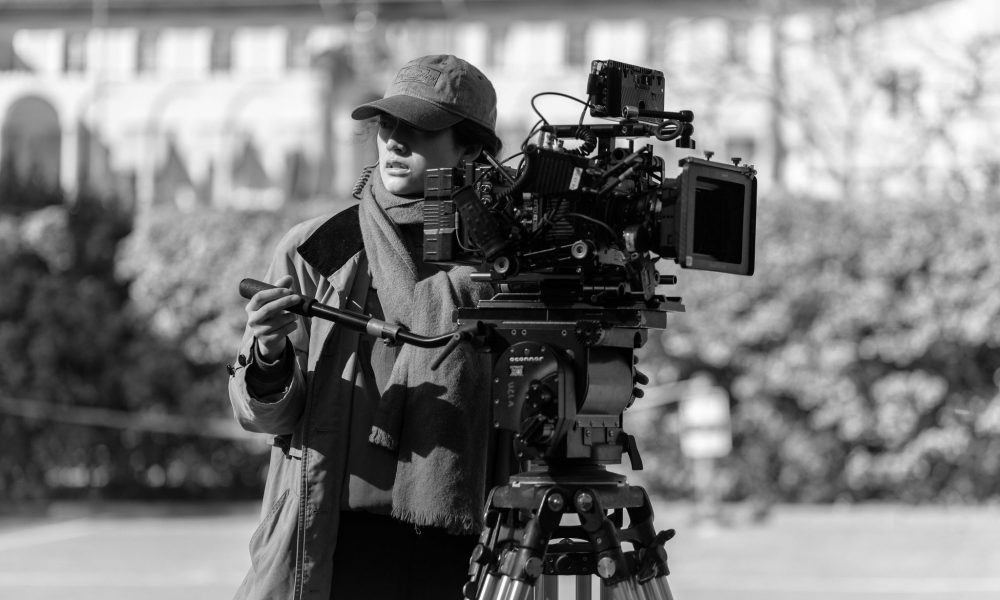

Today we’d like to introduce you to Jackie Fang.
Alright, so thank you so much for sharing your story and insight with our readers. To kick things off, can you tell us a bit about how you got started?
On June 18th, 2015, at the age of 18, I landed in one of the most beautiful city on this planet – San Francisco, I was filled with excitement and curiosity to start a new chapter of my life. My first introduction to photography was in the darkroom, where I learned how to shoot, develop and print 35mm films. The moment the photograph slowly appears as the chemicals being agitated was like magic to me. I had my first cinematography class towards the end of my sophomore year. The love and passion I have for photography came right in without a hesitation, and the fascination of the moving image opened up my world of imagination and creation. I have never felt so close to making art, both physically and emotionally. I was determined to become a cinematographer. I did some sculpture while I was in college. My dear professor Mariá Elena González completely changed my way of thinking and viewing art. Sculpture taught me to think about the relationship between object and space, where to place your work and how it would affect the audiences interpretation of the art piece. I brought this way of thinking into cinematography, where I place the camera and how I move it would affect the viewer’s point of view.
I was honored to be accepted in the MFA program at UCLA, which has been my dream school since I was 16. There, I was mentored by professors like William McDonald, Jerry Henry, Paul Cannon and surrounded by a group of amazingly talented filmmakers who share the same passion as me. I never felt happier (now I’m in my last year) because I was given the opportunity to create, to make mistakes, and to grow.
I was accepted by the 2021 ASC Visionary Mentorship program and mentored from David Greene, ASC. Though David and I haven’t got a chance to meet in person, he has taught me so much in lighting, visualization and professional ethics. David was generous to offer all the knowledge and insight. He was a genuinely the best mentor I could ever ask for.
I was lucky to also get to work with Jerry Henry, my former professor and an extremely talented cinematographer who became an incredible mentor of mine. By looking at Jerry’s work and how he works, I have learnt so much from him that I will follow in my own cinematography practice.
Now facing another new chapter of my life – entering the real world. I have fear but also excitement. I’m a firm believer of in order to shine and to succeed in this industry, our passion has to be bigger than anything else. And as a minority female filmmaker, I’m genuinely grateful for all we have today that our predecessors fought, and we have to keep fighting for more minority voices and faces. I feel proud to be part of it because representation matters.
Would you say it’s been a smooth road, and if not what are some of the biggest challenges you’ve faced along the way?
One of the hardest obstacles was to live alone and do everything by yourself when you moved to the other side of the world at the age of 18. Now looking back, it taught me so much and my independence has grown rapidly. But there are times, I felt homesick, I couldn’t attend my grandfather’s funeral when he passed away because of classes. Due to the pandemic, I wasn’t able to go home and see my family for four years.
Another obstacle is that although we have better representation as female filmmakers, especially minority females, we still get mistreated on set by men, especially if it is a male dominant set. It is hard to identify sometimes that when people treat you rudely on set, what was the real reason, it goes into your mind, and you start to question, was it because I’m a woman? was it because I’m Asian? Did I do a bad job? (Even when you know you did a fine job)
Thanks for sharing that. So, maybe next you can tell us a bit more about your work?
I am a cinematographer and a photographer. I’m drawn into stories that is about human connection. Not necessarily has to be a love story, though I love a good and sad love story, like “Breaking the Waves”, but the very real moments when strangers meet each other when someone is longing for a place, there’s something magical about it that makes me obsessed with it. I am known for a short film I shot called “Kingdom of Strangers”, it received the Arri Franz Wieser grant and was filmed during the pandemic with a group of seven people. I was most proud of that I did not use any artificial lighting for the whole film, it was all-natural light. And I love handheld camera work, my photography background makes me constantly want to capture moments. What sets me apart from others is that I grew up in the East and studied in the West, I have the ability of bringing both aesthetics together and create because I have a good and solid understanding of both sides of the culture and people.
What are your plans for the future?
My current plan for the future is to work as a full-time cinematographer until I’m in my 60s and open a restaurant in a small town that makes good food to make people happy. I’m looking forward to graduating from UCLA and transit to the industry. It’s going to be an existential crisis for a couple of months for sure, but I believe it will only get better. I love film and I love filmmaking and there’s nothing else I would ever want to do.
Contact Info:
- Website: https://jackiefang.com/
- Instagram: https://www.instagram.com/queenofcablewrapping/
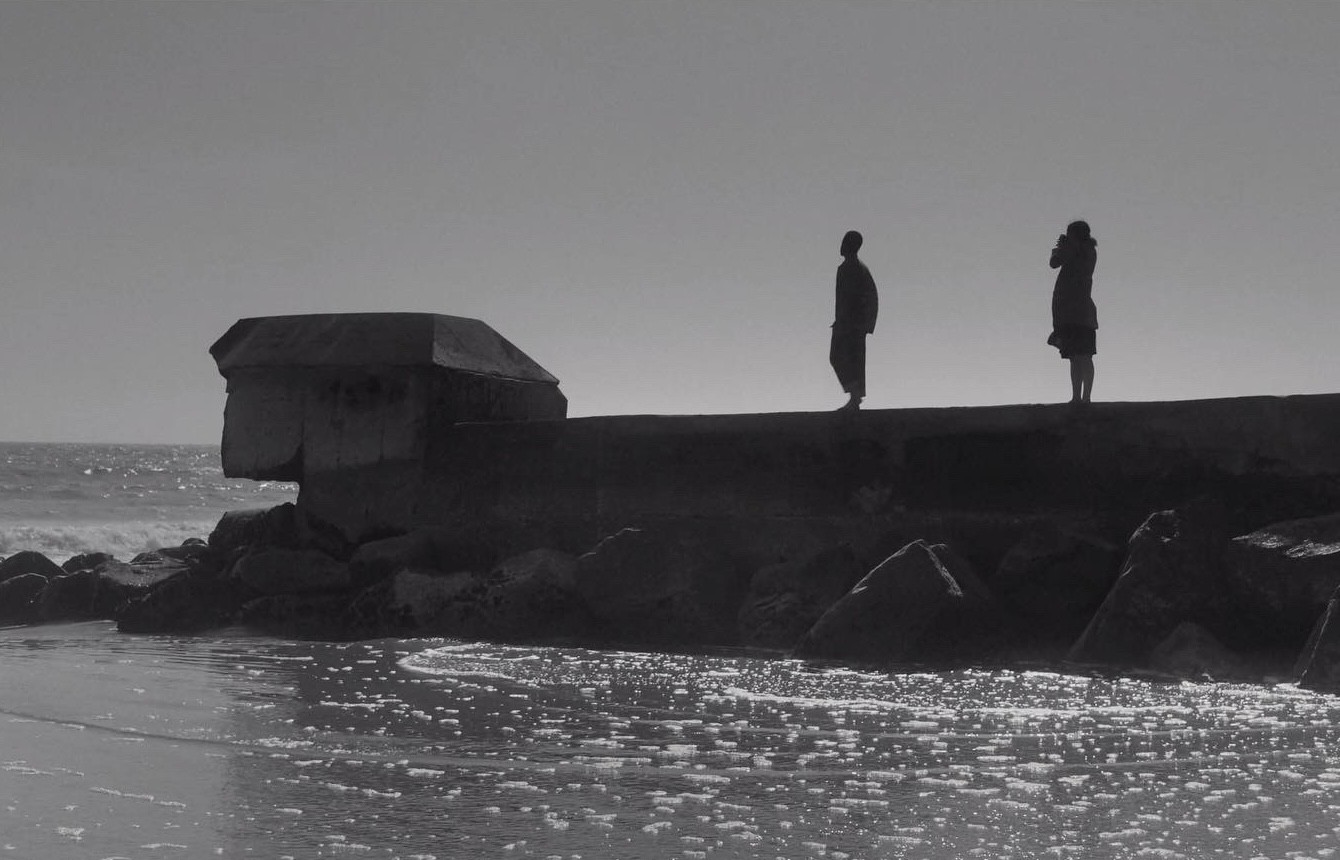

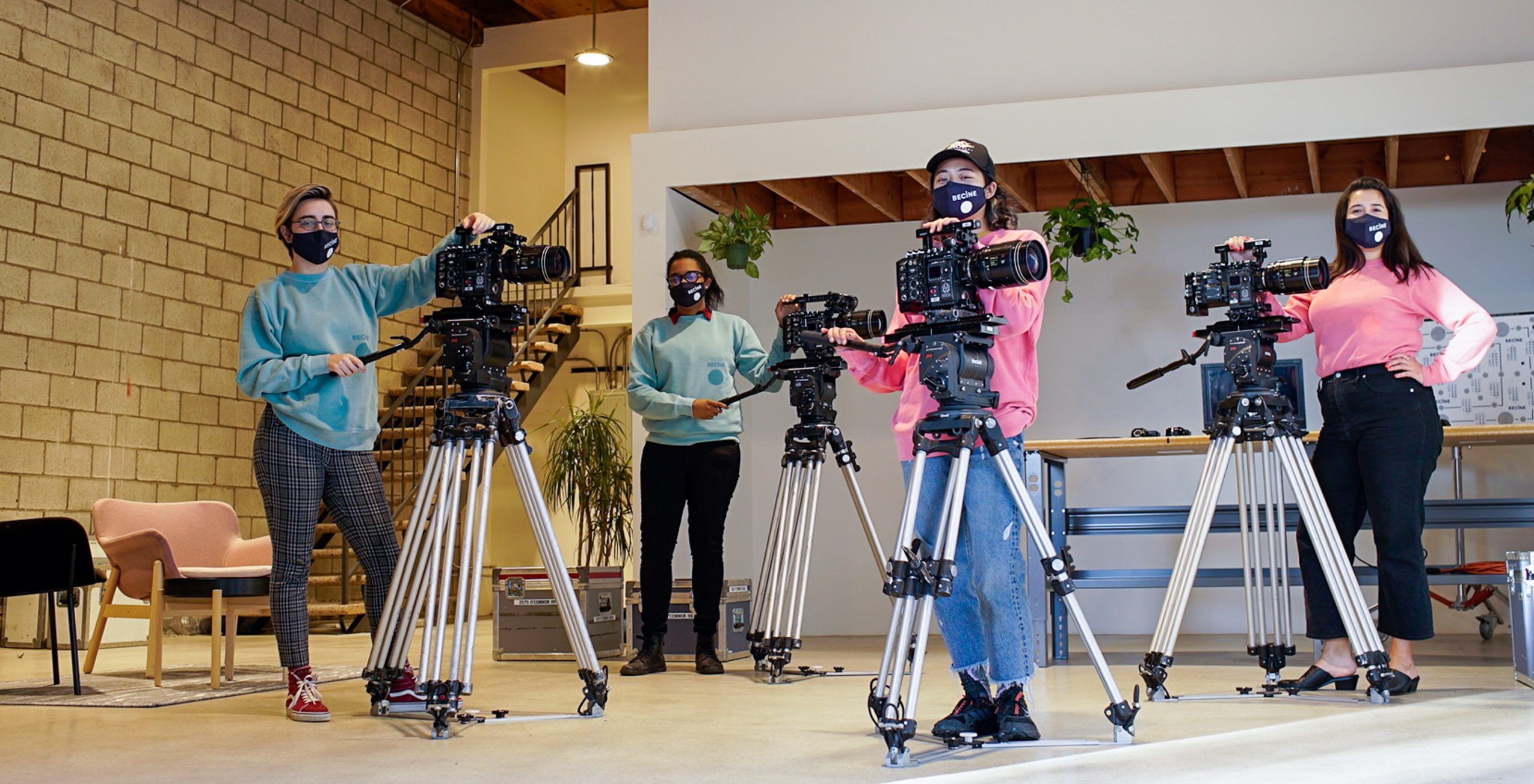
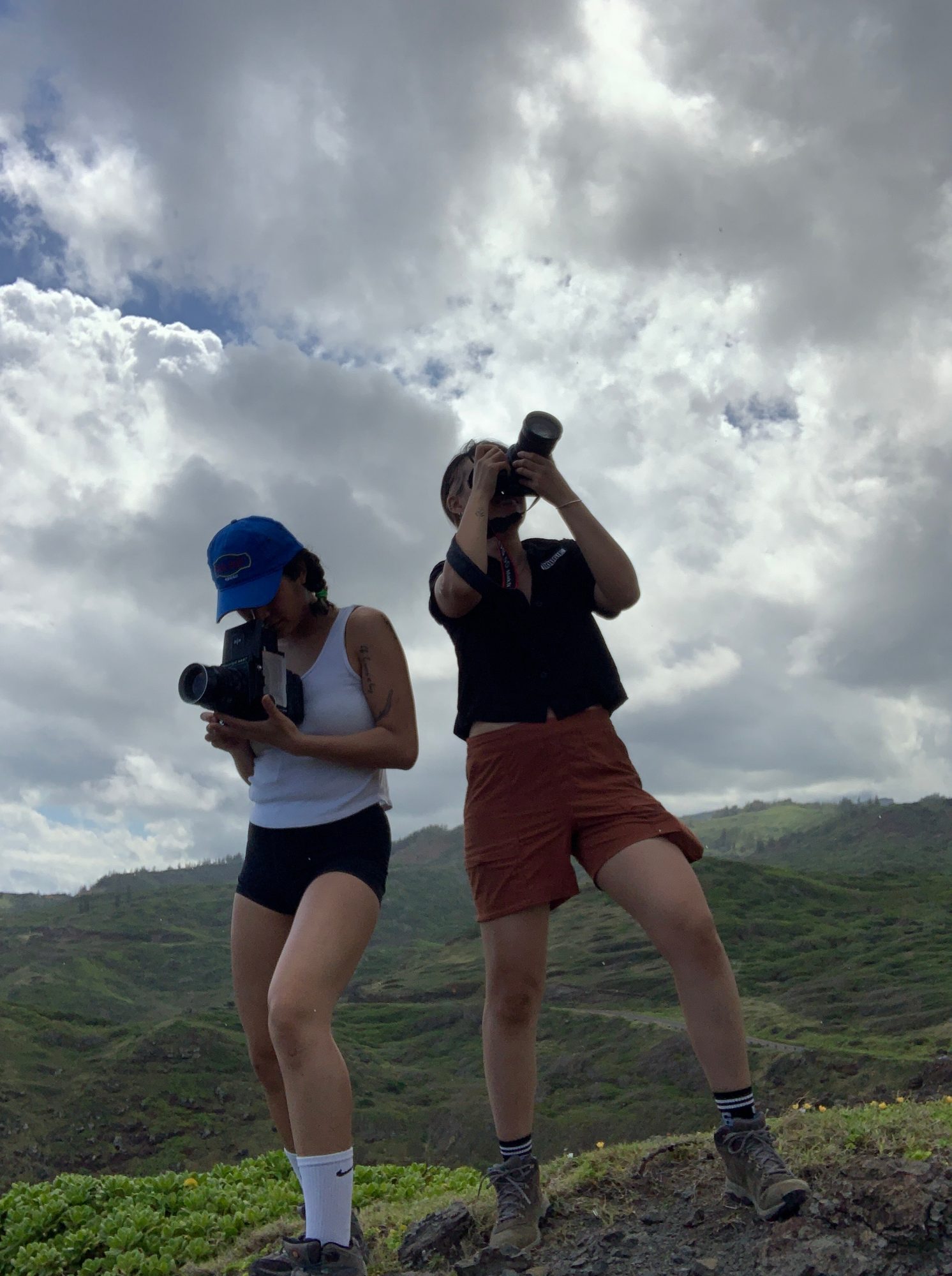
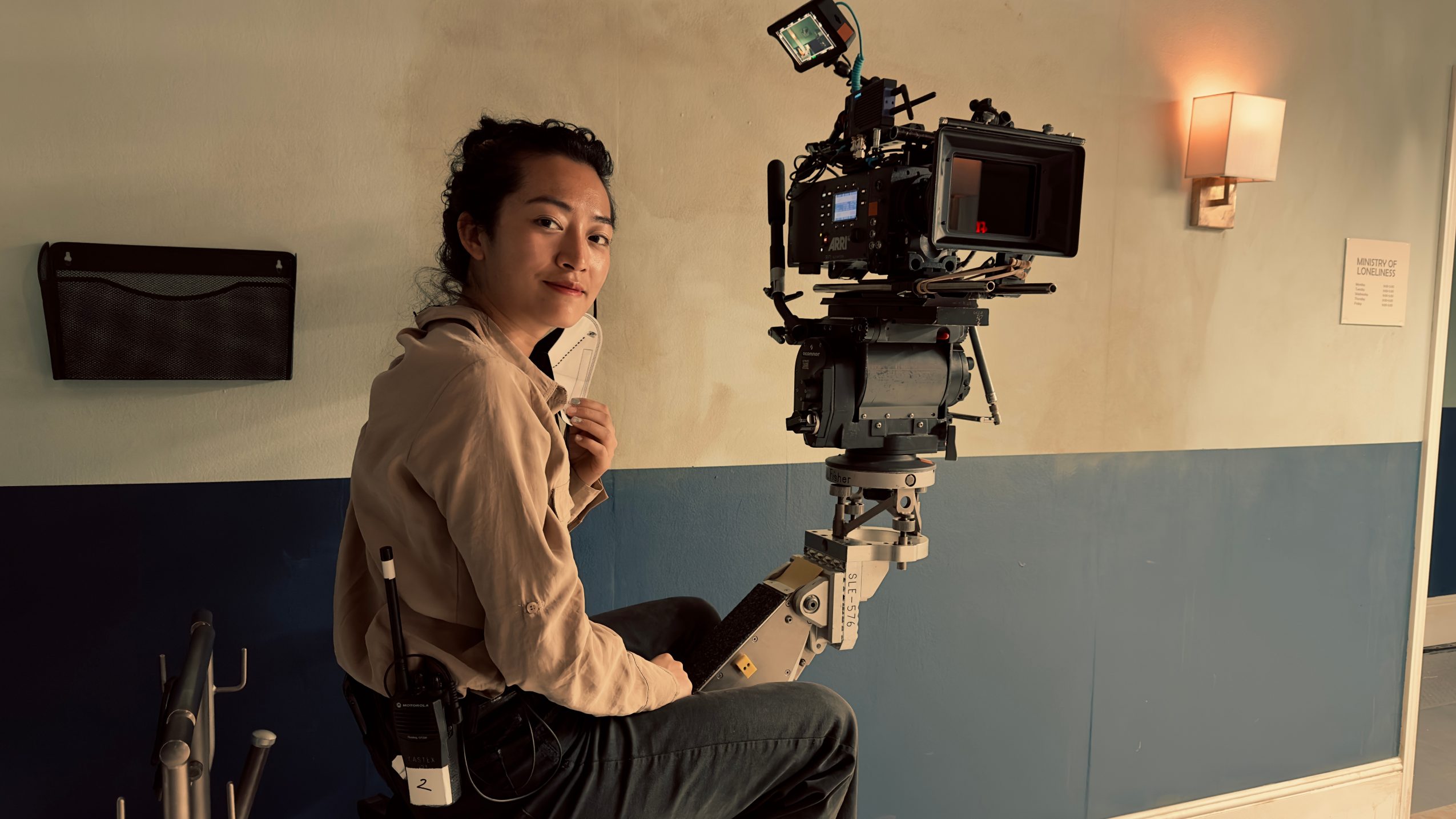
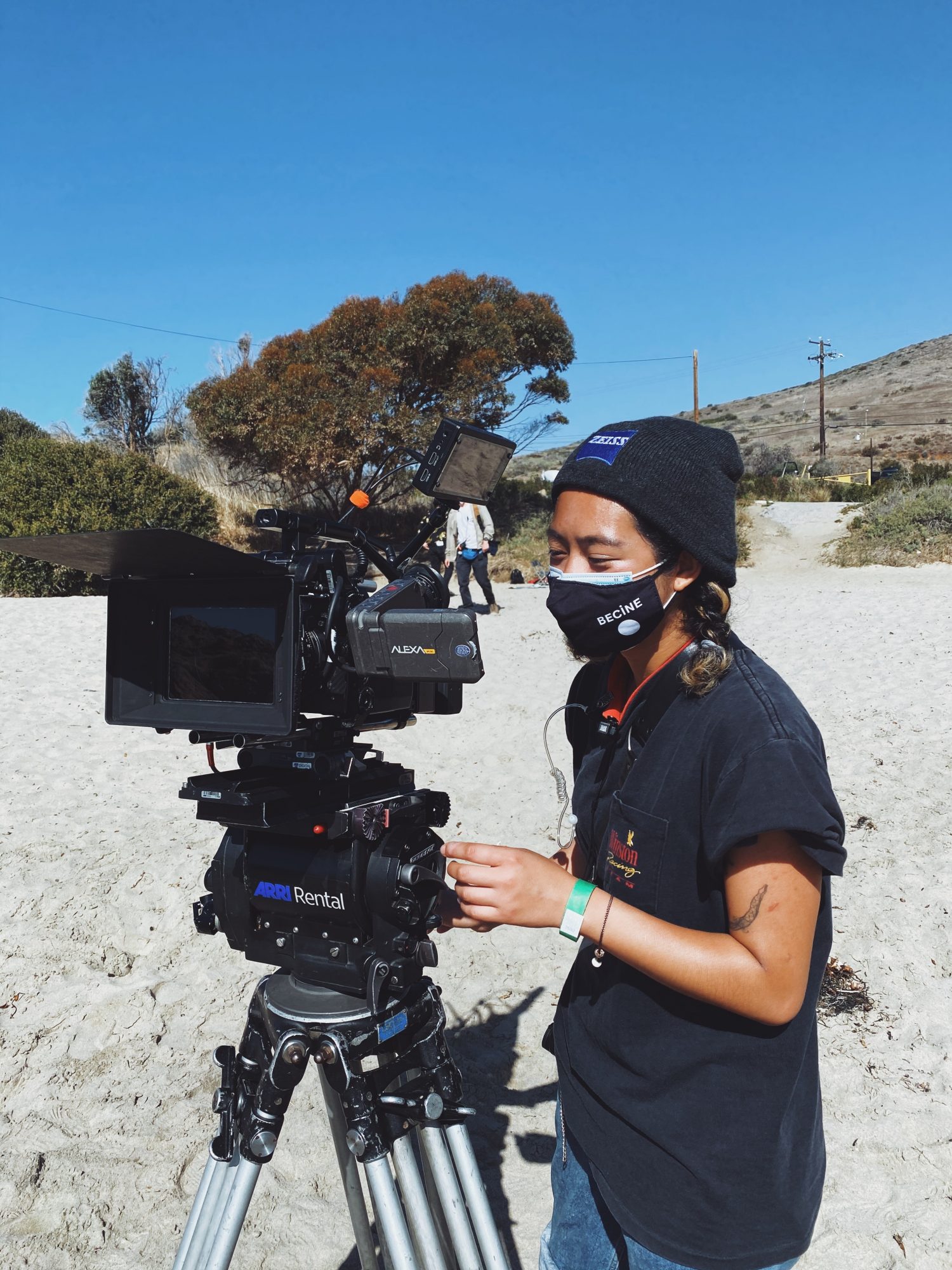
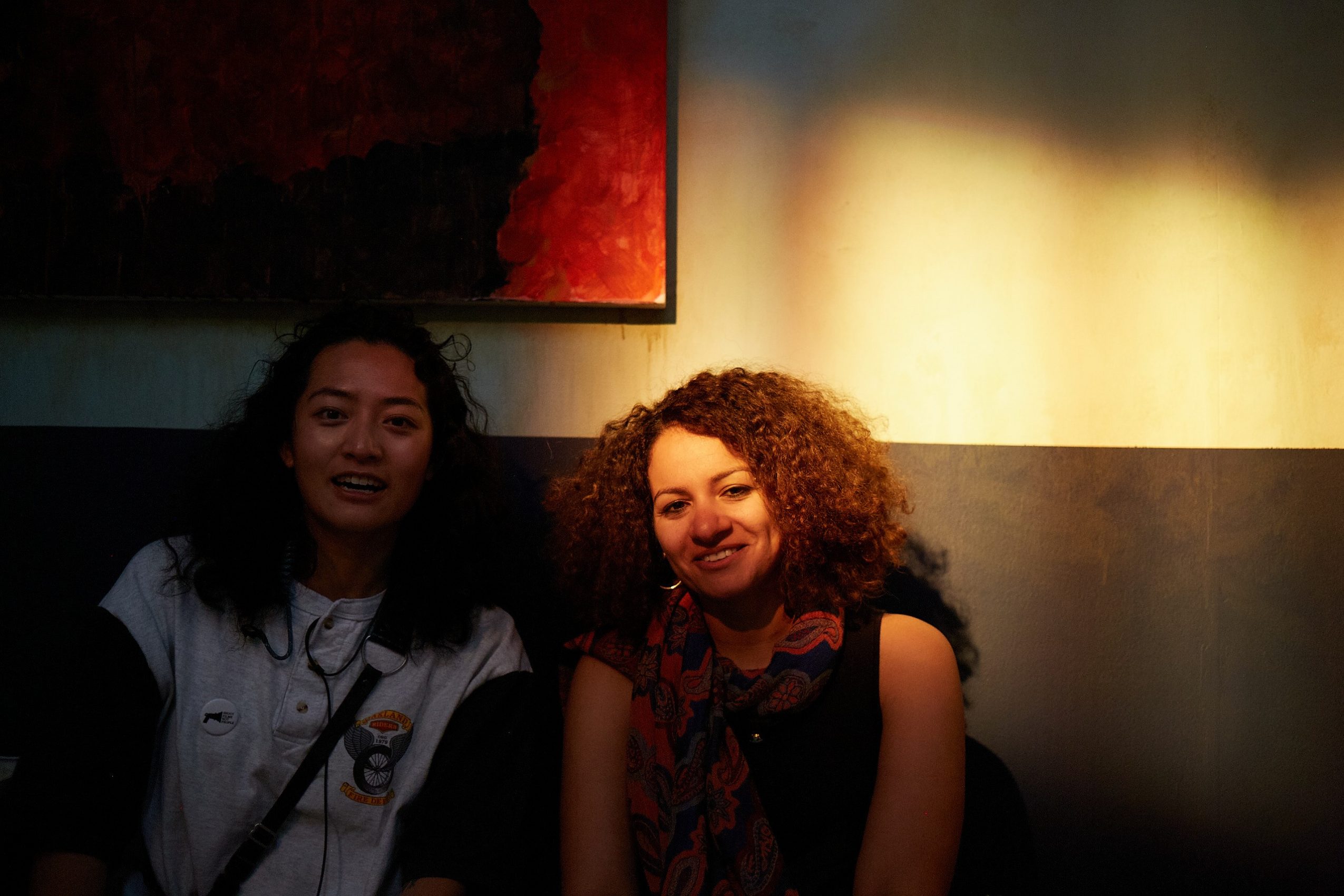
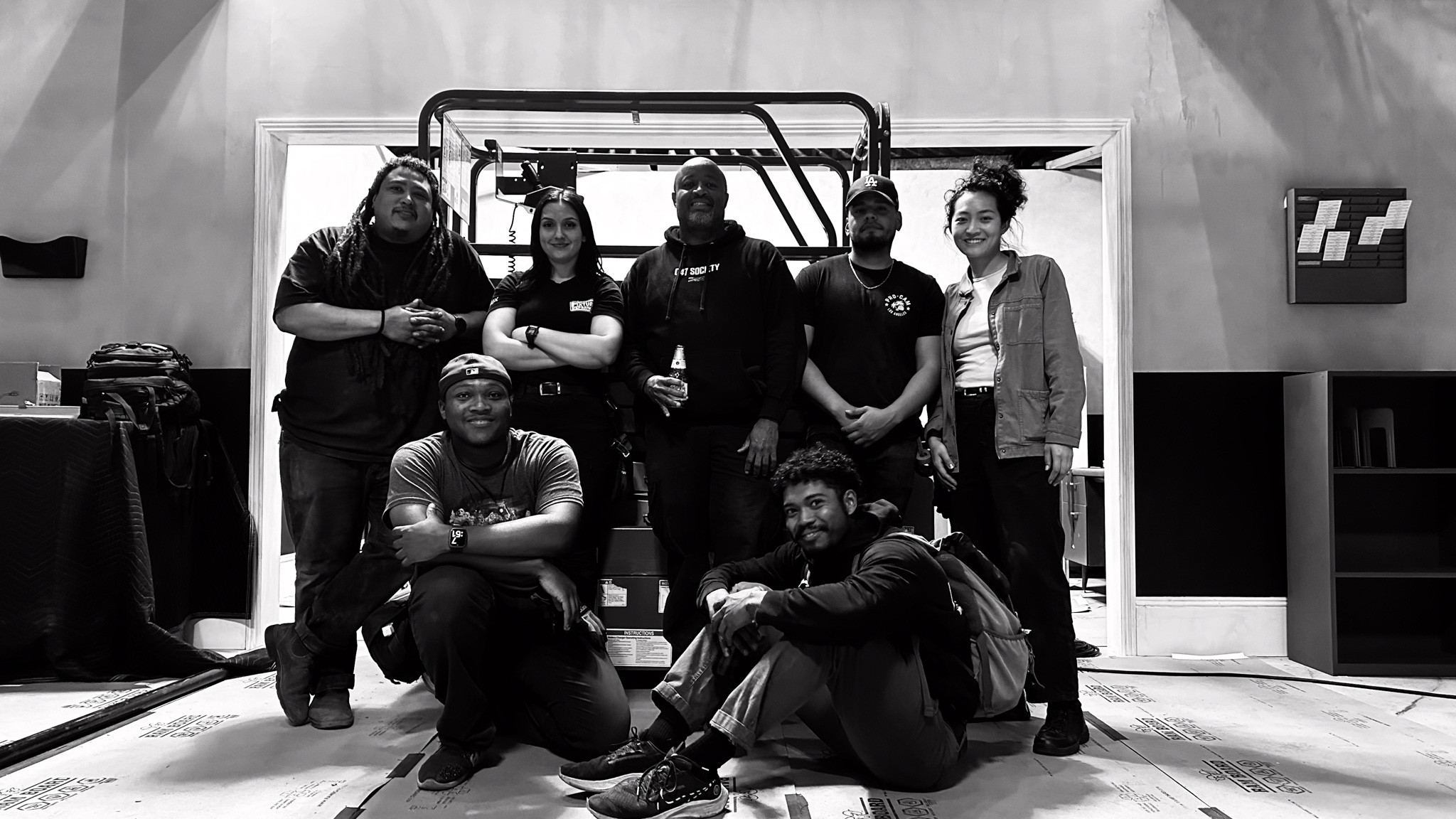
Image Credits
PERSONAL PHOTO: Photographed by Claudia Hoag Additional Photo: 1. Photographed by Dexter Fletcher 2. Photographed by Dexter Fletcher 3. Stills from Ministry of Loneliness, Cinematography by Jackie Fang 4. Still from Kingdom of Strangers, Cinematography by Jackie Fang 5. Photographed by Randa Ali 6. Photographed by Leafy Ye 7. Photographed by Bianca Halpern 8. Photographed by my mom














